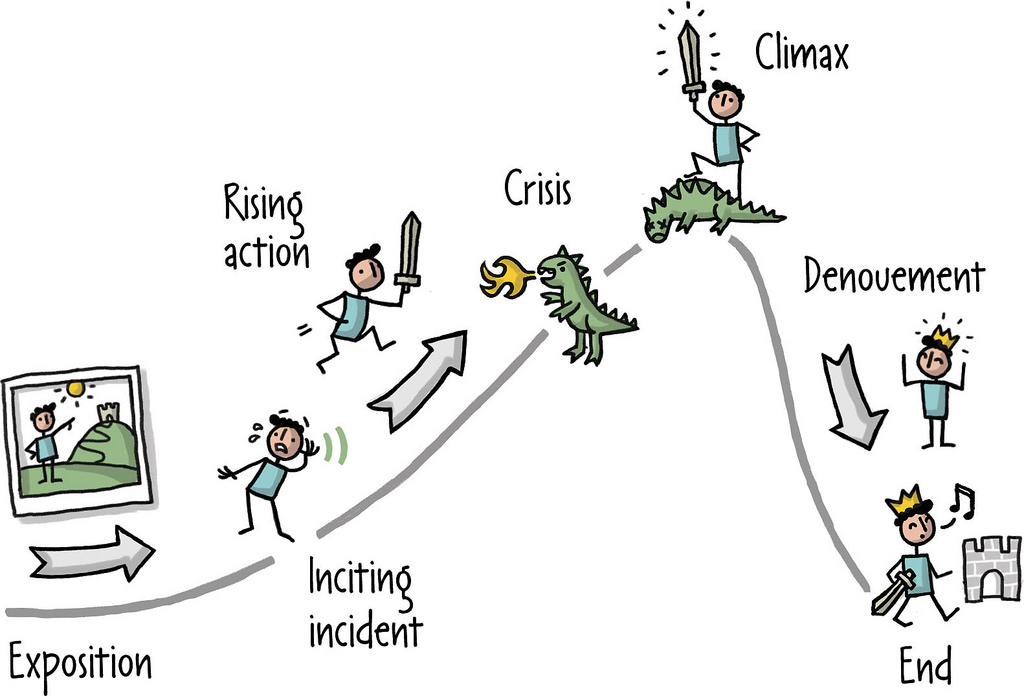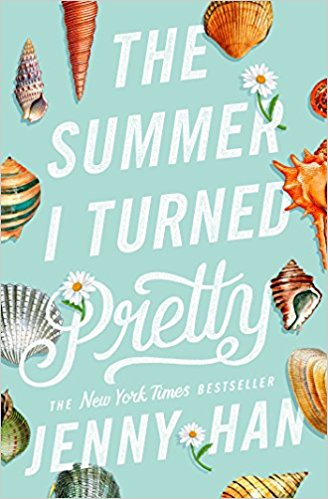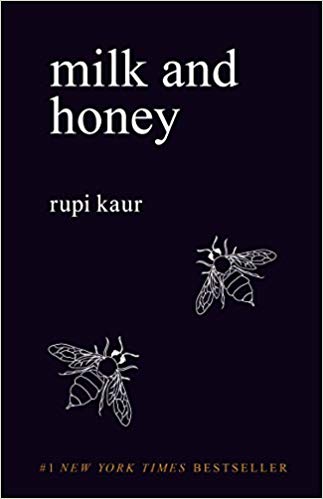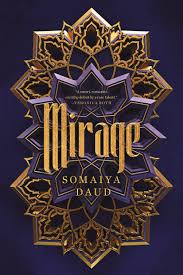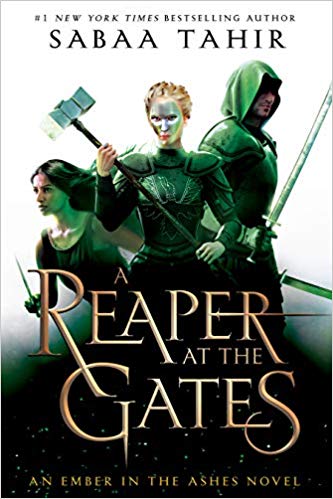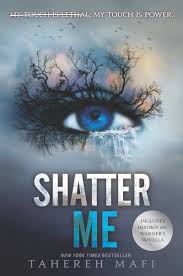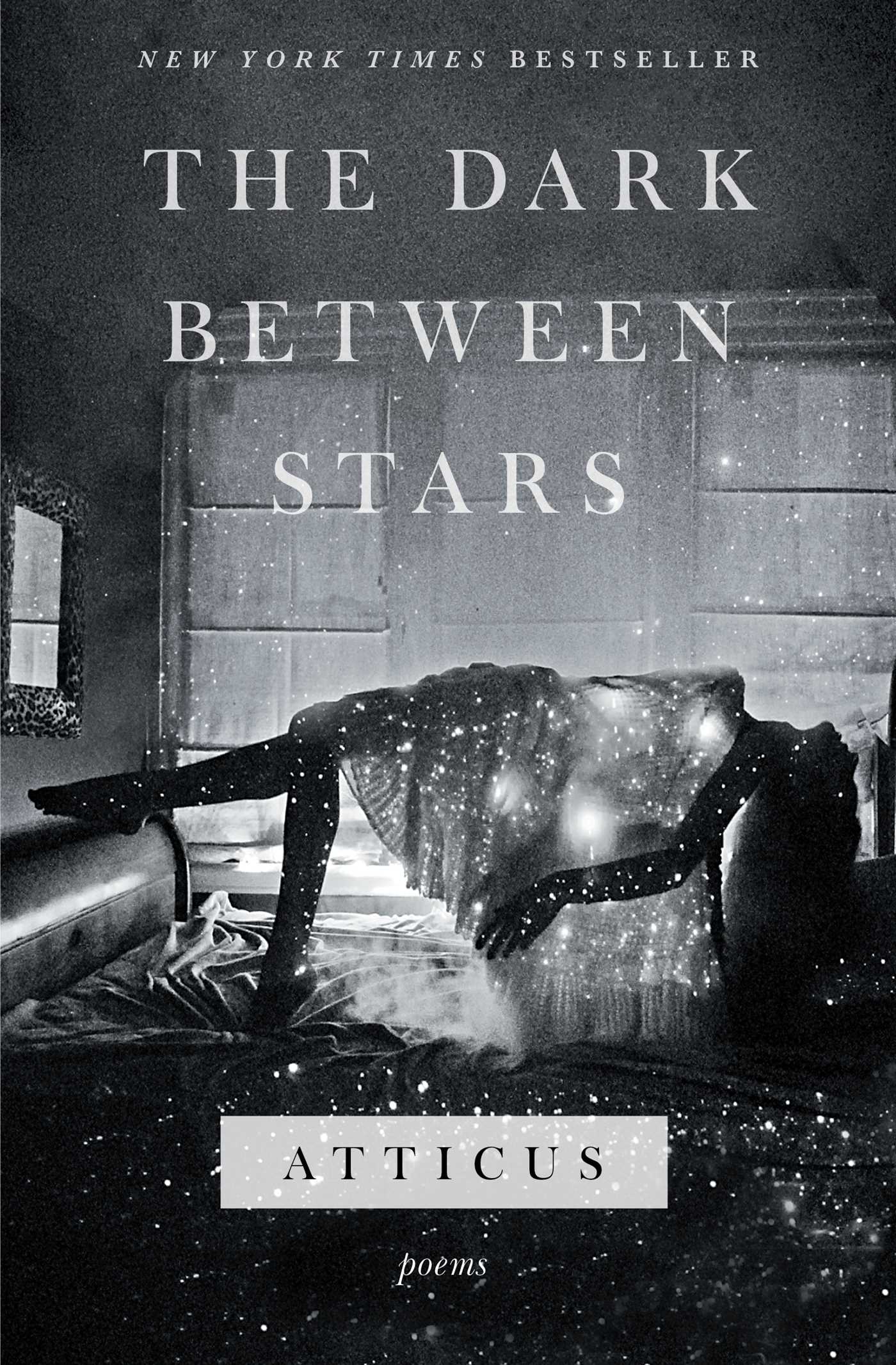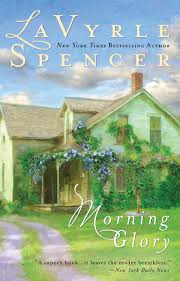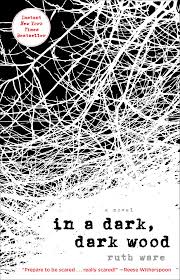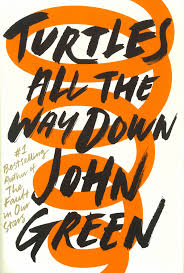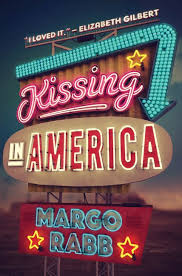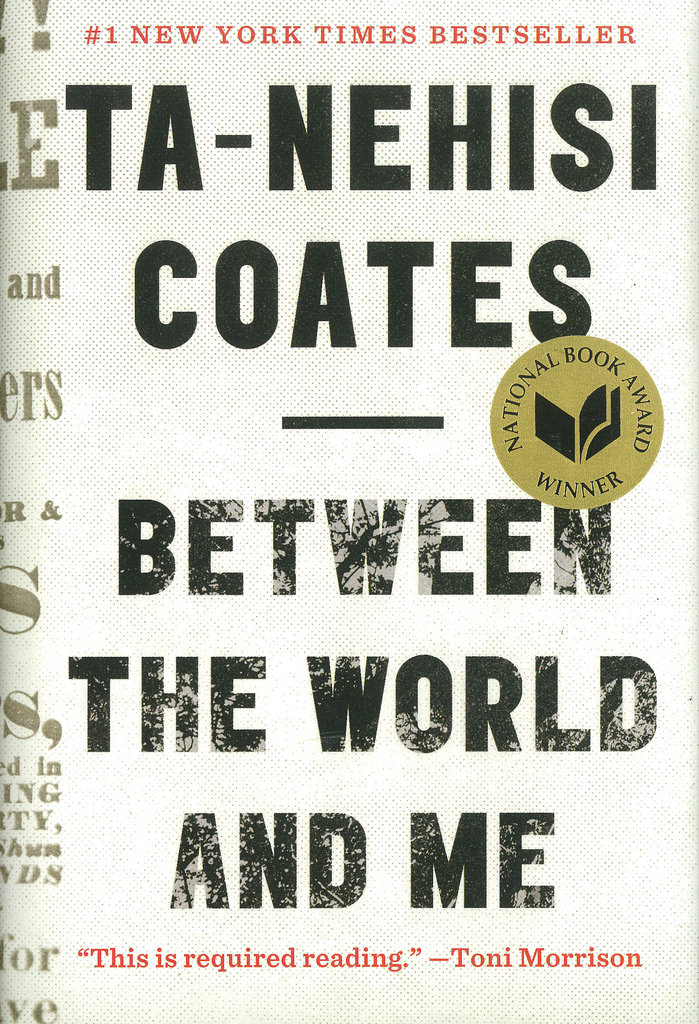In the act of writing, I don’t think I have ever made a conscious decision when beginning to write a new story about point of view. What I mean by that is, I don’t think I sat down and planned in conscious manner I would be writing in first person or third person, omniscient. I wonder if any writer does? I’d love to hear from them.
In my process, as I mentioned in a previous blog post, new ideas, new characters, often come in snippets, so when I sit down to explore the snippet further, I just write and by write, I mean word-vomit whatever is going on in my mind. I don’t think about the point of view, I just go for it. To review: Point of view is the way a story is written. There are three points of view: first, second and third, but to complicate things third can broken up into two types: third person, limited and third person, omniscient.
First person is when the character writes in a way that places the reader in an intimate place within his thought process, as if reading the character’s journal. The first person perspective uses pronouns like I, me, we, us. Swimming Sideways and The Ugly Truth are written in first person point of view.
Second person is when the reader becomes the character. Remember the Choose Your Own Adventure books? Those were written in 2nd person and replied on the pronoun you to include the reader as the protagonist of the tale. This isn’t a frequently utilized point of view, however a great example is Freewill by Chris Lynch (A YA Mystery and a Printz Honor Award Winner published in 2001).
Finally, third person is the removal of the audience from the story by placing them outside of the action but providing them with a bird’s eye view. This is done by using pronouns like he, she, them, they. Not a part of the action but witness to it, the audience is afforded the opportunity to understand a character without being connected to them. First person, limited, is when the point of view (narration) never leaves the experience of a single character. We see this happen a lot in YA literature when an author identifies which character she is writing to explore various character’s experiences. Several examples of this third person, limited are Leigh Bardugo’s Crooked Kingdom or Veronica Roth’s Divergent, and an all-time favorite work of fiction - J.K. Rowling’s Harry Potter series. Third person, omniscient, then, is when the narration of the story is god-like, and the impact of events and thoughts of characters can be explored at will. Examples include Jane Austen’s Pride and Prejudice or Virginia Woolf’s Mrs. Dalloway.
Want more examples of different POV? Click here.
Writers, then, often grapple with which point of view do I choose? If you google it, the answer is often: whichever one suits your story best. Hah! Thanks for nothing.
If you remember the story of the creation of Swimming Sideways, it was initially a very different story. A paranormal teen romance with angels and demons, the first time I wrote it, it was in third person, limited. I switched back and forth between Abby’s perspective, Seth’s and Gabe’s. The style of the story which worked to keep the reader outside - looking in - and distant made third person a logical choice. When we think about stories that incorporate extensive world-building, this is often the case. Swimming Sideways was revised to a very character-driven story which lost the paranormal elements altogether. When this happened, I made the decision to change the third person, limited view to a first person in order to make it more personal between the character and the reader. Successful? The jury is out.
For me, making the decision as to which sort of point of view to write a story is linked to character and goals. Is the story character-driven or plot-driven? What level of emotion am I building into the conflict (more on conflict in a later post)? The analysis of my goals will often answer the question for me. While, I haven’t found a tried and true methodology to identify which POV to write my stories, I would say that by reading (a lot), I have been given maps to understand POV and successful implementation of each.
Do you have a specific methodology for choosing POV? Comment and discuss below!




